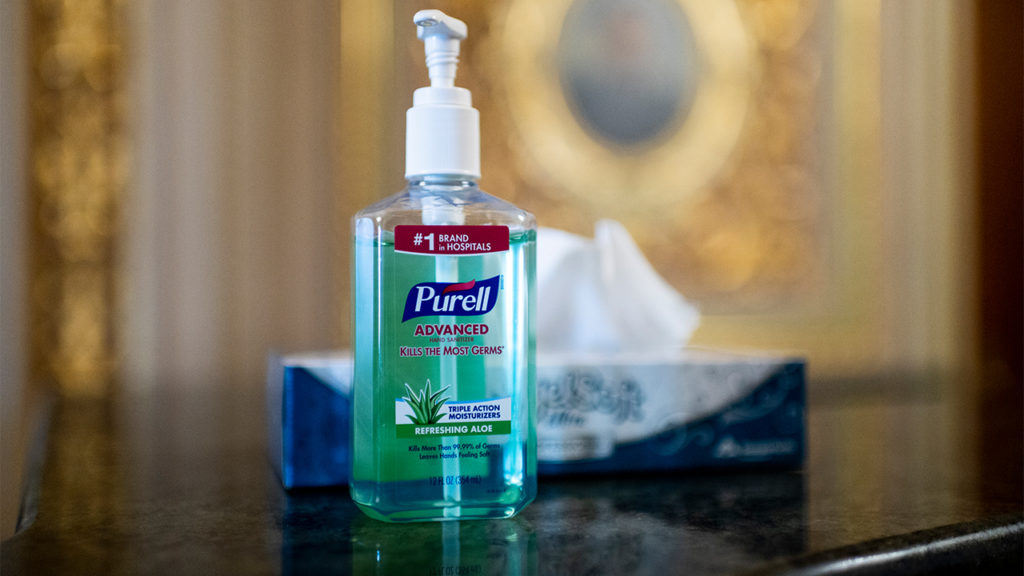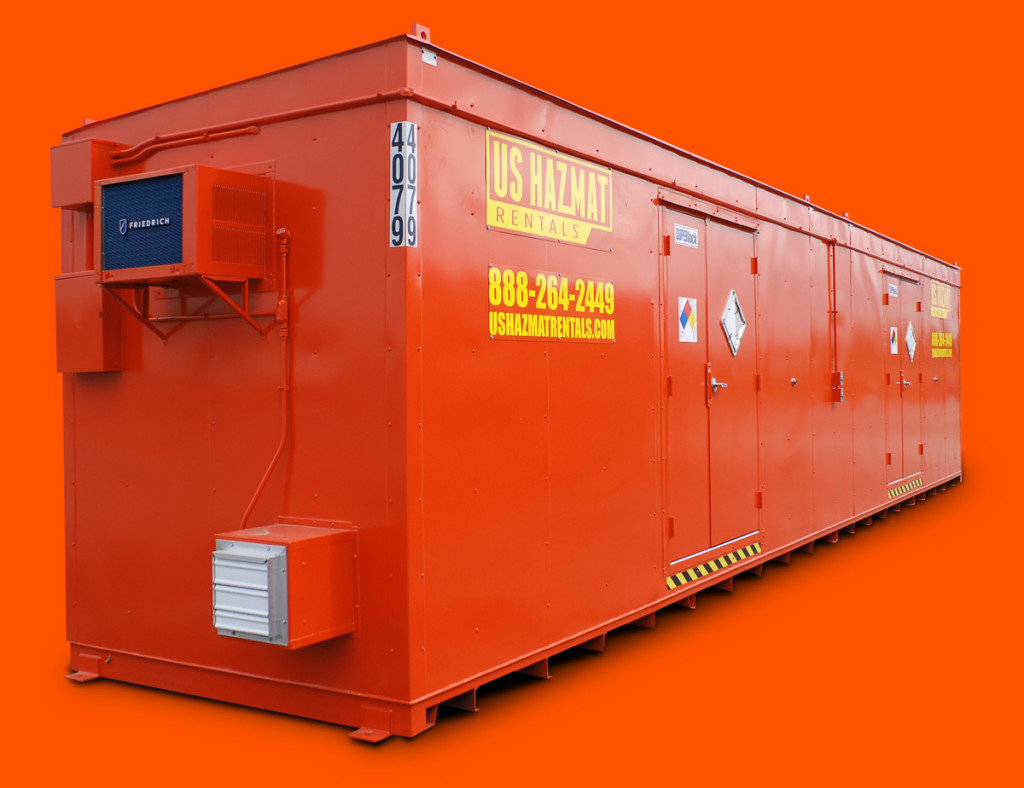In the past few weeks, we as a country and as a global society have seen a dramatic shift in business as usual. Amidst all of the bad news and frightening updates, there have been some positive stories that provide a much-needed break in our socially distanced worlds.
Much like how American teachers have quickly adapted their curriculums to online spaces, manufacturers across all industries both large-scale and micro have jumped at the chance to offer what they can during this Covid-19 pandemic. Clothing companies such as L.A. Apparel and Hanes are using their factories to mass-produce surgical masks and hospital gowns. Alcohol distilleries and breweries across the country are stepping up and switching their production from indulgent drinks to a protective mechanism much needed by both the medical industry and everyday civilians: hand sanitizer.

Microbreweries and big-name producers such as Pernod Ricard SA, the $35 billion French spirits empire behind Absolut Vodka and Jameson Irish Whiskey, are all learning what it takes to make quality hand sanitizer on a time crunch. By March 20, Pernod Ricard had commissioned its Arkansas based facility to produce over 1000 gallons of hand sanitizer. Likewise, Budweiser maker Anheuser-Busch has joined the growing list of beverage companies switching to producing hand sanitizer with war-time urgency.
Isopropyl Alcohol C3H80 Chemical Drum & Liquid Tote Storage Compliance
One key ingredient in producing hand sanitizer is isopropyl alcohol, better known as rubbing alcohol. Isopropyl alcohol is an antibacterial chemical compound (C3H80, for the curious) that works as an effective solvent, evaporates quickly, and is a naturally occurring antiseptic. Isopropyl alcohol kills 99.99% of non-spore forming bacteria in less than 30 seconds, a quality that is crucial in both laboratories and for use on human skin.

One setback that new producers of hand sanitizer are finding is how to store large volumes of isopropyl alcohol, which is highly flammable especially in bulk quantities. Fire departments suggest these chemicals should be stored away from any heat sources, open flames, or vulnerable spaces including hospitals in addition other local and federal storage compliance measures for environmental impact and human safety. Other manufacturers more familiar with chemical storage regulation are simply sourcing larger volumes of isopropyl alcohol than they normally store. They quickly realize the need to safely manage an overflow volume of 55-gallon chemical storage drums or 4’x4’ 275-gallon liquid storage totes. The question becomes, where can they safely keep these bulk quantities of flammable material?
OSHA, EPA, and NFPA Compliant Fire Rated Chemical Storage
U.S Hazmat Storage is working hard to provide compliant fire-rated storage buildings for companies combatting the Covid-19 pandemic. Our buildings are OSHA, EPA, and NFPA Compliant and will help you safely store isopropyl alcohol and other highly flammable or corrosive substances used to produce hand sanitizer and other bulk hazardous cleaning materials used in hospitals, laboratories, nursing homes, business, and industrial applications nationwide.
For companies that are making the short-term shift to hand sanitizer production, we do offer temporary flammable chemical storage units through U.S. Hazmat Rentals. while other customers seek long-term chemical storage. We are happy to service both. All of our units provide flexible storage capacities and services across most industries from aerospace to food production.

We have the experience and logistical capability to meet the immediate and foreseeable needs of our customers. With everyone working together and adapting readily to new situations, we will continue to get through a testing time stronger than before.
CONTACT US HAZMAT RENTALS
Please contact us today to learn more about storage capacities, availability, and delivery timelines. We will do our best to expedite shipments to ensure you’re protected and can manage any unexpected volumes during this time.





